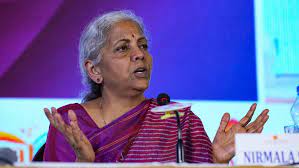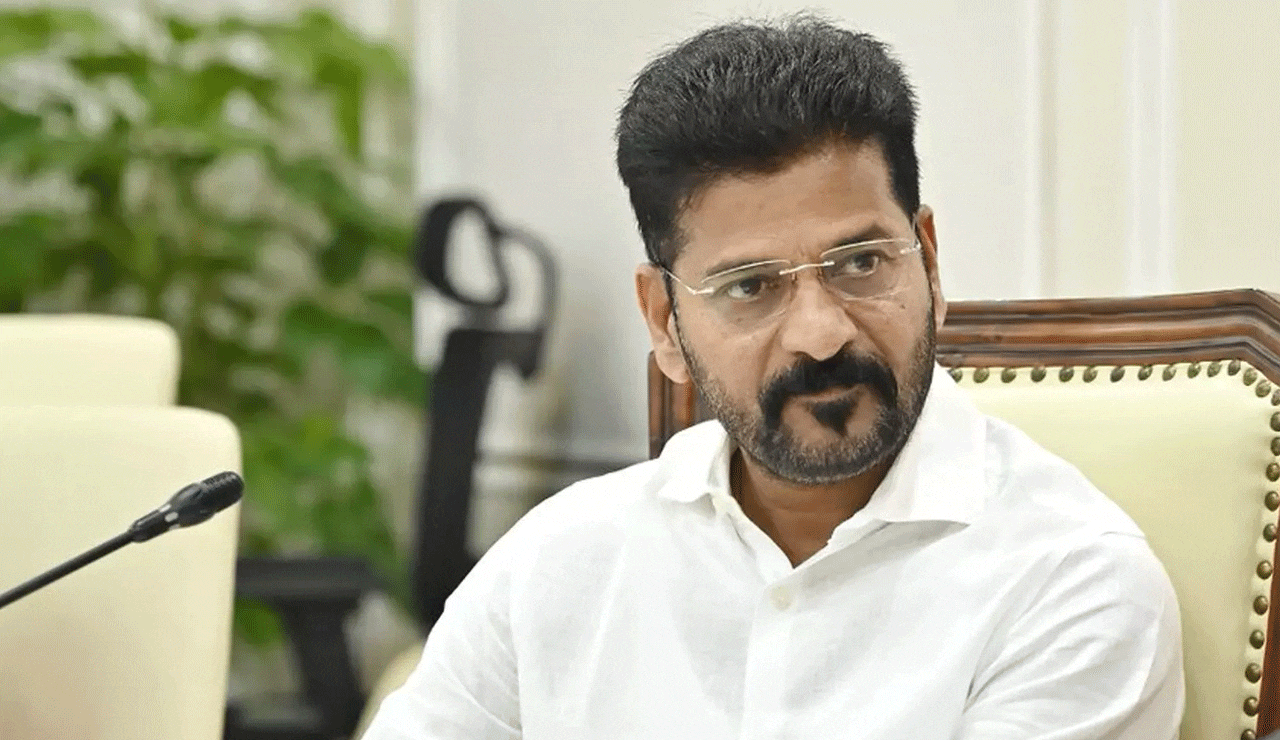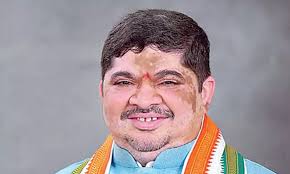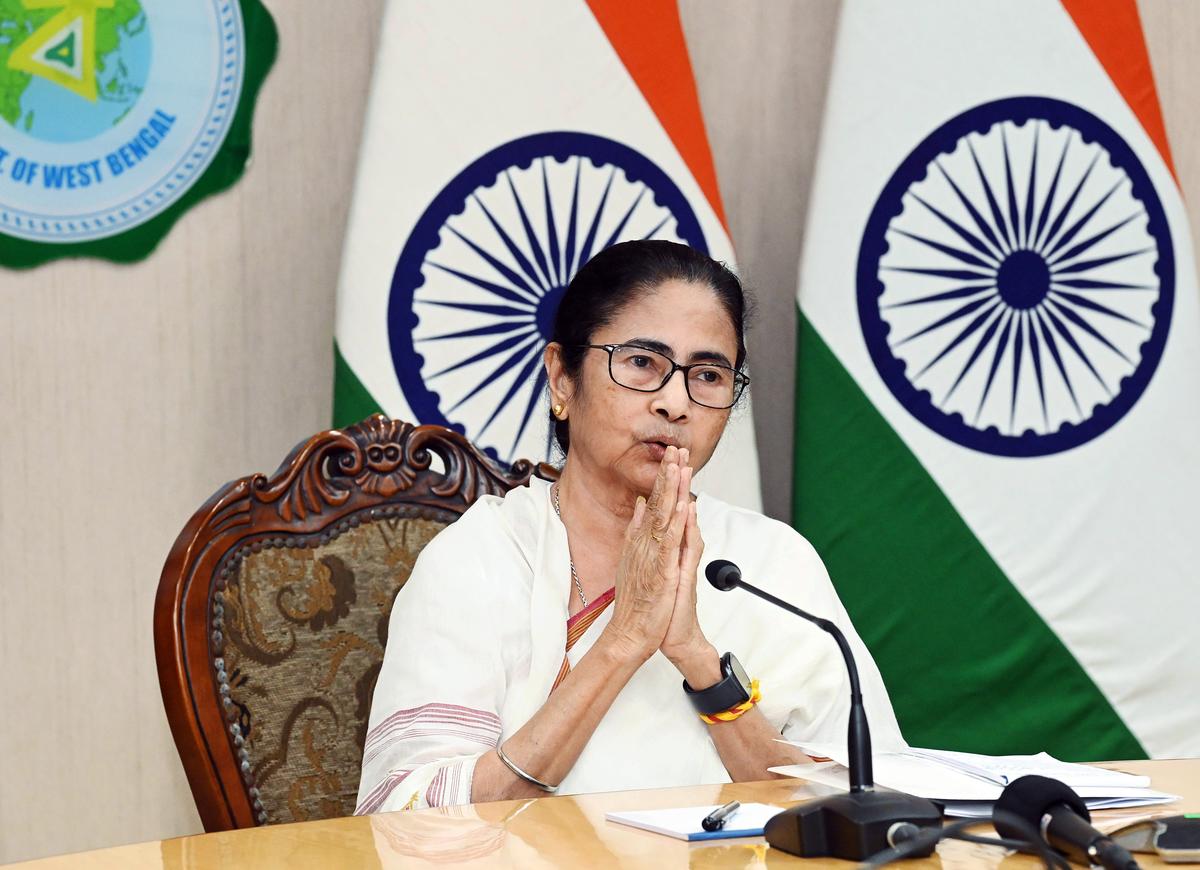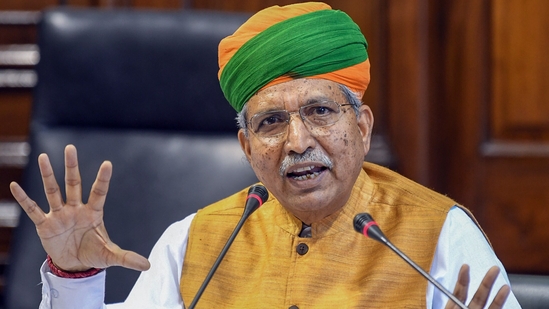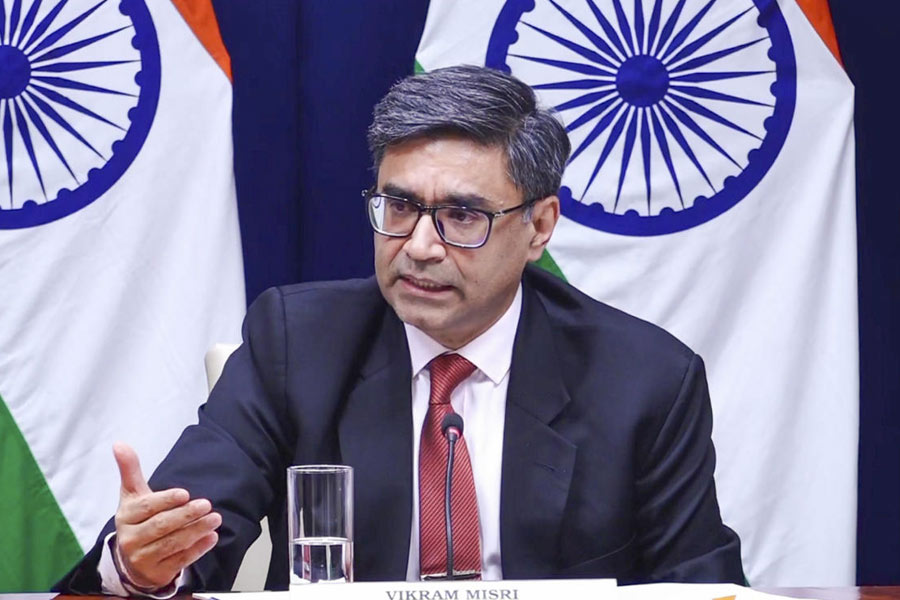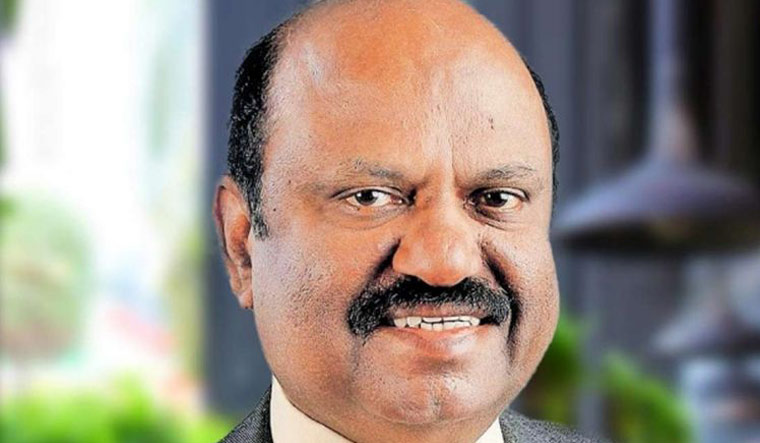Under Trump, America no longer represents the world
Mon 06 Mar 2017, 11:12:07
In his address to Congress on Tuesday evening, President Trump affirmed that "America respects the right of all nations to chart their own path." In that spirit, he continued, "My job is not to represent the world. My job is to represent the United States of America."
The comments might have seemed unremarkable for those watching at home. For the vast majority of Americans, the obvious purpose of America's government, and of America's power, is to defend the interests of this great nation.
The comments might have seemed unremarkable for those watching at home. For the vast majority of Americans, the obvious purpose of America's government, and of America's power, is to defend the interests of this great nation.
But for decades U.S. policymakers of both major parties have spoken in very different terms. They suggested that they would put the interests of other countries ahead of our own. They were encouraged by elites and big thinkers who proclaimed a global mission for the United States. True American greatness, they said, could not be achieved merely by building a more perfect union at home.
"We are America," Madeleine Albright famously said in 1998, "We are the indispensable nation. We stand tall and we see further than other countries into the future, and we see the danger here to all of us." As recently as last month, New York Times columnist David Brooks explained, "The things Americans do are not for themselves only, but for all mankind."
Similar sentiments inform a collection of essays compiled in late 2015 by the John Hay Initiative, an ad hoc assemblage of mostly Republican foreign policy hands. In the lead essay, Eliot Cohen, a senior State Department adviser under George W. Bush, and two co-authors, strenuously disagreed with the contention that "America's role as guarantor of global order is no longer necessary." Cohen et al. were equally dismissive of "those who think that 'nation-building at home' is some kind of alternative to engagement abroad." On the contrary, they explained, "a strong United States is essential to the maintenance of the open global order under which this country and the rest of the world have prospered since 1945."
Many countries trusted such assurances. They focused on perfecting their own communities, in their own way, effectively leaving security to the ever-willing, and typically able, Uncle Sam. These allies were troubled by U.S. missteps in Vietnam, and more recently Iraq, but they remained relatively confident that American power was sufficient to defend them from harm. And they believed U.S. officials who told them that the
U.S. government would address their security concerns with a combination of prudence and impartiality.
For their part, U.S. officials would occasionally protest that U.S. allies had gone too far in their neglect of hard power. Complaints about free-riding and inadequate burden-sharing were a perennial theme in speeches by American secretaries of Defense and State. But privately, U.S. leaders preferred a world in which military power was wielded mainly by a single country rather than by many. The Wall Street Journal's Bret Stephens summarized this sentiment, writing that "America is better served by a world of supposed freeloaders than by a world of foreign policy free-lancers."
U.S. government would address their security concerns with a combination of prudence and impartiality.
For their part, U.S. officials would occasionally protest that U.S. allies had gone too far in their neglect of hard power. Complaints about free-riding and inadequate burden-sharing were a perennial theme in speeches by American secretaries of Defense and State. But privately, U.S. leaders preferred a world in which military power was wielded mainly by a single country rather than by many. The Wall Street Journal's Bret Stephens summarized this sentiment, writing that "America is better served by a world of supposed freeloaders than by a world of foreign policy free-lancers."
President Trump obviously feels differently. His slogan "America First" hearkens back to the days, prior to World War II, when Americans strenuously resisted active involvement in the wars raging in Europe and Asia. The mere suggestion that a President Trump might turn his back on 70-plus years of U.S. global leadership mobilized a bipartisan array of foreign policy #NeverTrumpers who were determined to block his path to the presidency.
They obviously failed. But President Trump might still find it difficult to translate his rhetoric into action.
They obviously failed. But President Trump might still find it difficult to translate his rhetoric into action.
For one thing, inertia is a powerful force, and the durability of the status quo is compounded by established institutions and bureaucracies populated by people who do not share the President's worldview.
Full-throated #NeverTrumpers such as Eliot Cohen haven't been invited to join the administration, but other advocates of the foreign policy status quo, those men and women who avoided criticizing Donald Trump directly and publicly, are in line for some plum assignments. For example, Brian Hook, John Hay Initiative co-founder, and one of Cohen's co-authors, has been named director of policy planning at the State Department.
Meanwhile, in other governments' capitals, the mere possibility that Donald Trump will be able to implement his vision for a world order based on sovereign states pursuing their own interests is beginning to sink in. As it does, America's allies are likely to hedge their bets, and move away from a reliance upon an unpredictable government over which they have no control.
Full-throated #NeverTrumpers such as Eliot Cohen haven't been invited to join the administration, but other advocates of the foreign policy status quo, those men and women who avoided criticizing Donald Trump directly and publicly, are in line for some plum assignments. For example, Brian Hook, John Hay Initiative co-founder, and one of Cohen's co-authors, has been named director of policy planning at the State Department.
Meanwhile, in other governments' capitals, the mere possibility that Donald Trump will be able to implement his vision for a world order based on sovereign states pursuing their own interests is beginning to sink in. As it does, America's allies are likely to hedge their bets, and move away from a reliance upon an unpredictable government over which they have no control.
We can celebrate or lament that turn of events, but we shouldn't be surprised. The only puzzle is that the old model lasted as long as it did.
No Comments For This Post, Be first to write a Comment.
Most viewed from International
Most viewed from World
AIMIM News
Latest Urdu News
Most Viewed
May 26, 2020
Do you think Canada-India relations will improve under New PM Mark Carney?
Latest Videos View All
Like Us
Home
About Us
Advertise With Us
All Polls
Epaper Archives
Privacy Policy
Contact Us
Download Etemaad App
© 2025 Etemaad Daily News, All Rights Reserved.

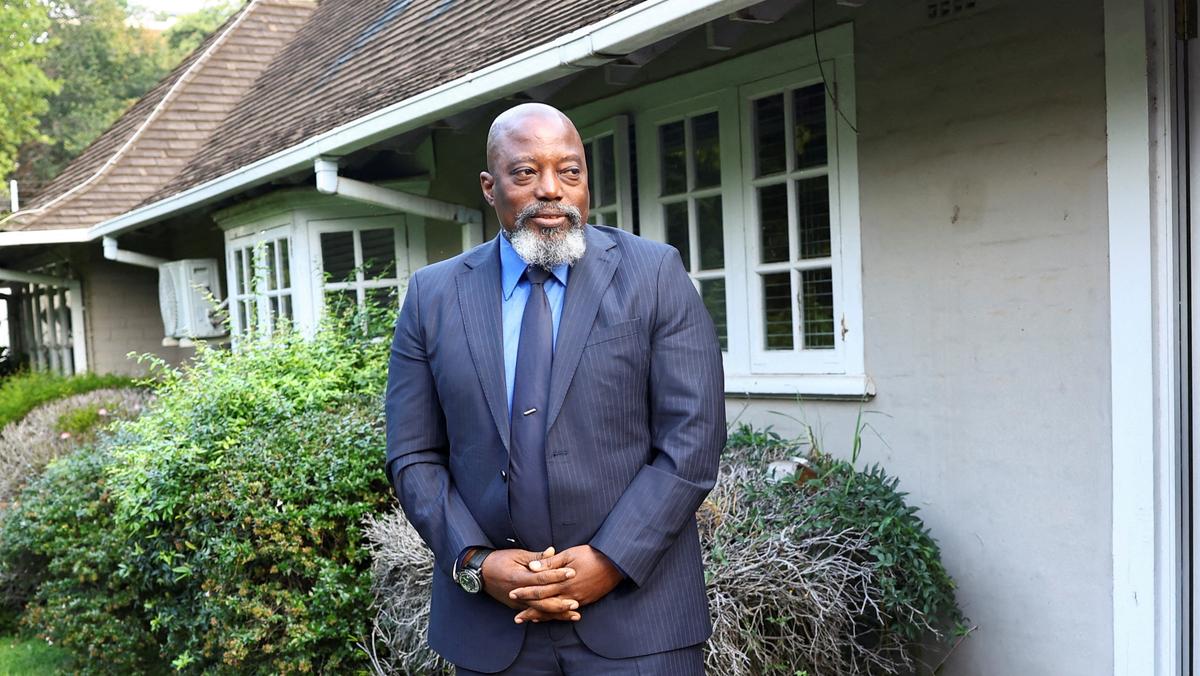
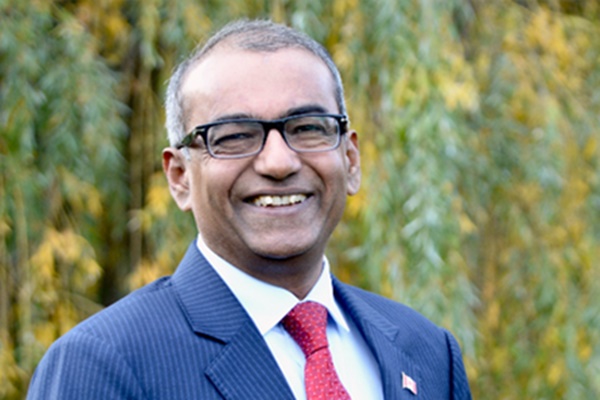
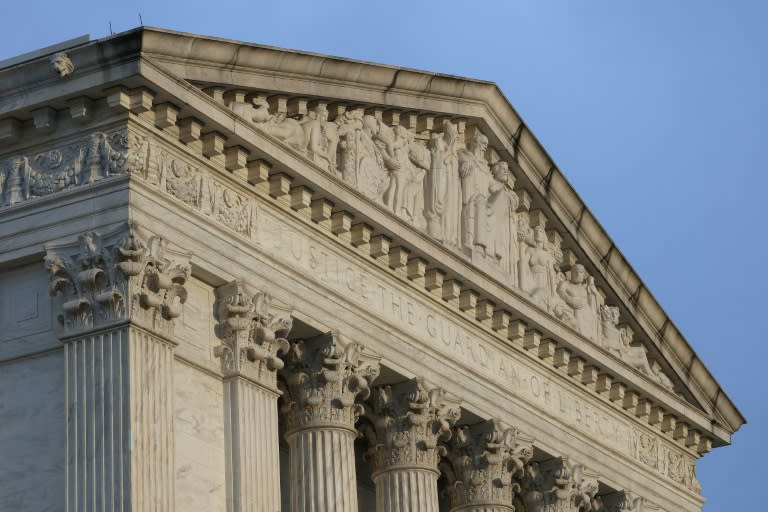


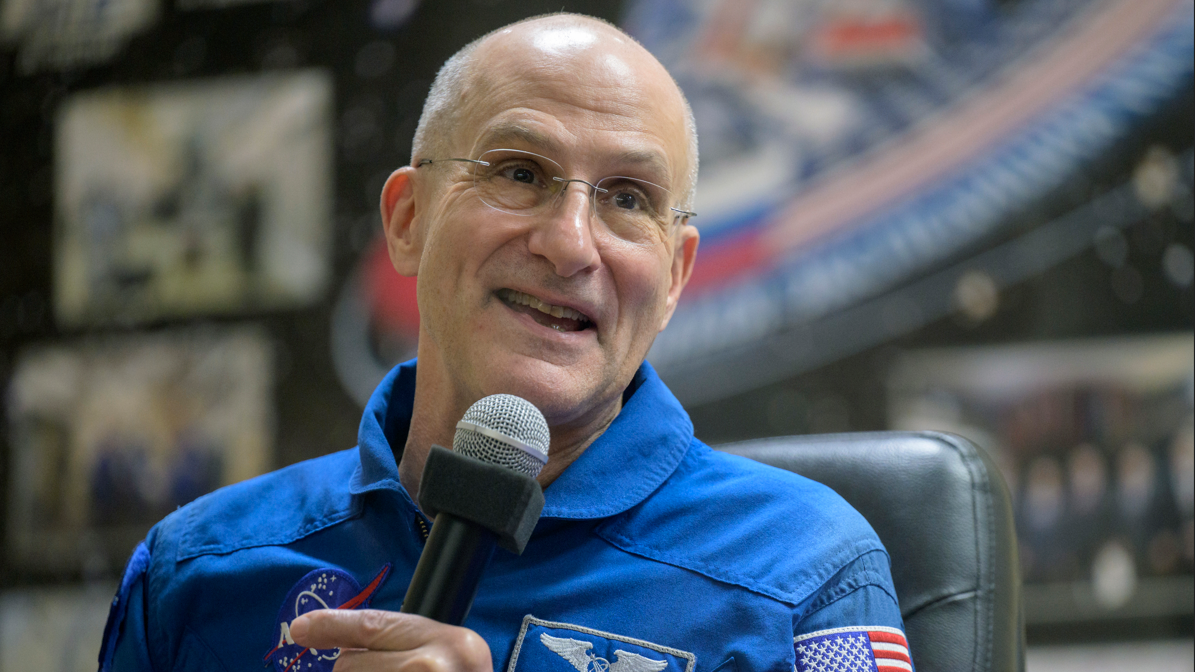



.jpg)


